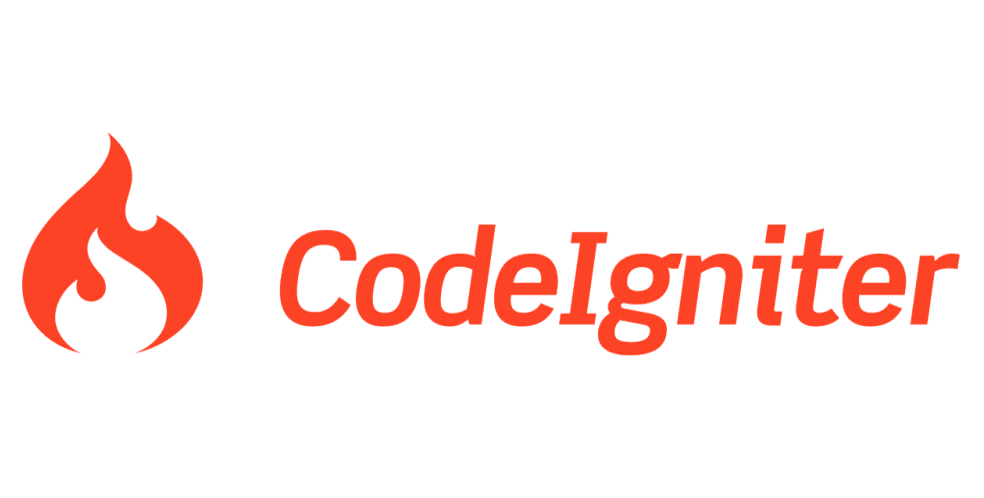
In the vast digital landscape that shapes our modern era, PHP, as a server-side scripting language, has remained a steadfast cornerstone for web development. An efficient tool that has streamlined the development process for many is CodeIgniter – a robust application development framework that allows developers to conjure up web projects at an accelerated pace. However, a looming threat has recently cast a shadow over this beacon of productivity, demanding our immediate attention.

Tagged with the ominous identifier CVE-2023-32692 and a staggering Common Vulnerability Scoring System (CVSS) score of 9.8, a Remote Code Execution (RCE) vulnerability has emerged within CodeIgniter’s Validation Placeholders. The severity of this issue cannot be overstated, with the potential impact reverberating across websites and applications built upon this framework.
Manifesting within the confines of the Validation library, this RCE vulnerability ushers in malevolent actors with open arms, allowing them to execute arbitrary code. This paves a dangerous path, inadvertently providing these nefarious entities with the means to wreak havoc within an unsuspecting system. Alarmingly, the threat permeates deeper into the core of the framework, as both controller and in-model validation methods remain vulnerable due to their internal use of the tainted Validation library.
Thankfully, the solution to this urgent crisis is twofold. Firstly, an upgrade to CodeIgniter version v4.3.5 or later effectively addresses the vulnerability, patching the underlying issues that facilitate this unwelcome intrusion.
For those unable to immediately implement the upgrade, a viable workaround lies in the meticulous setting of validation rules with an array. E.g.:
By employing this tactical strategy, developers can erect a temporary bulwark, reinforcing their CodeIgniter-built platforms against the encroaching threat.
In the constantly evolving arena of cyberspace, the vigilance of developers and system administrators alike is critical in maintaining the integrity of our digital fortresses. By promptly addressing the CVE-2023-32692 vulnerability, we can ensure that CodeIgniter continues to serve as a trusted and efficient tool for PHP web development, empowering us to focus on the creativity that fuels our projects, rather than being besieged by cybersecurity concerns.